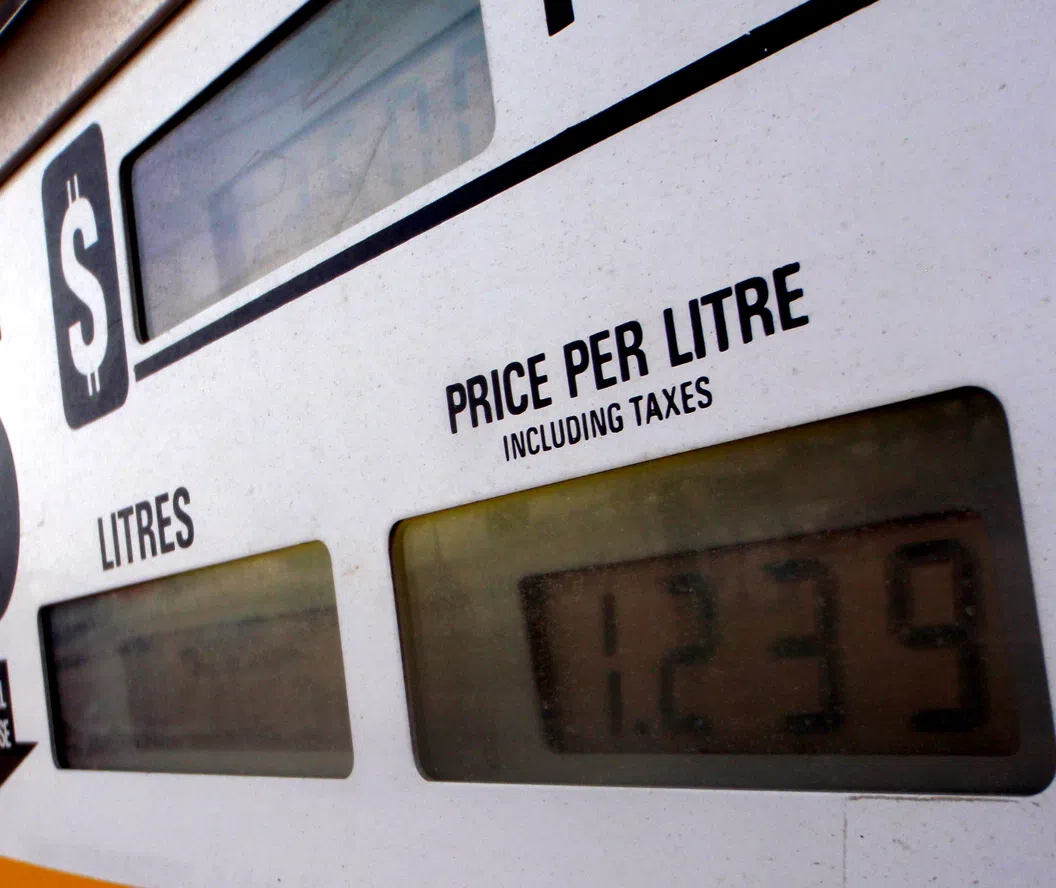
Running on fumes
Some in the country are standing up and saying “enough is enough” to soaring gas prices.
Messages have been flying around online about a proposed gas boycott on Apr. 15.
People are being encouraged to not buy gas today to try and send a message to oil companies that they will not stand for the high prices.
The idea is that if enough people participate in the boycott, the companies will lose so much money they will have to bow to the consumers.


